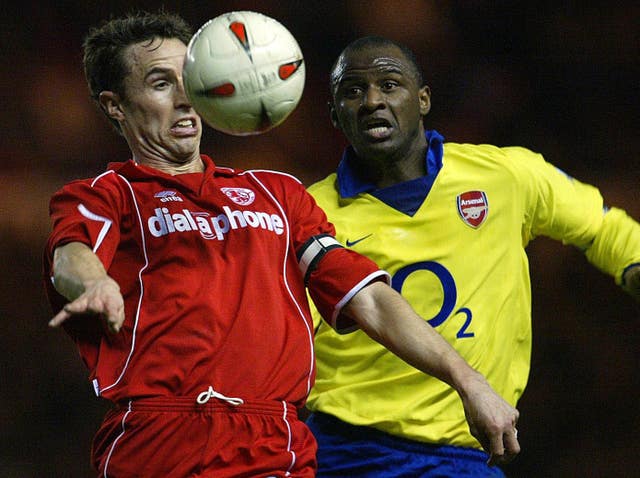England boss Gareth Southgate is concerned about the prospect of suffering from dementia as a result of his 18-year playing career.
The 50-year-old former centre-back, who won 57 England caps, "headed a lot of footballs" during spells with Crystal Palace, Aston Villa and Middlesbrough.
Former Manchester United and Three Lions great Sir Bobby Charlton was recently diagnosed with dementia.
Four of Charlton's team-mates in England's 1966 World Cup-winning line-up who have died over the last two and a half years – his brother Jack, Ray Wilson, Martin Peters and Nobby Stiles – were also suffering from dementia.

Southgate said: "Of course at my age, having headed a lot of footballs, I do have concerns.
"But I also recognised that whenever I took the field I was taking that risk of injury, short or long term and I knew that, and I would always have wanted to have the career and the opportunity to play, even if it meant longer-term that there might be physical issues for myself or health issues.
"Most athletes would go that way, I think. That's not to undermine the situation by the way.
"In terms of the link, there is research going on. That's a little bit inconclusive at the moment, which is a bit frustrating for everybody because we'd love to have a clear solution.
"And so of course it's a concern for everybody and we have to keep supporting that research. Part of the issue with dementia is age and one of the positives of being involved in sport is that people tend to live longer, they're healthier, they live longer.
"And so there's a possibility that that could be part of the link with the dementia as well.
"Unfortunately we don't have all the answers we'd like at the moment. I know some of that work is going on in the background.
"But yes, do I have concerns? Of course I do. I've had people in my own family who've suffered with dementia and it's a terrible, terrible illness."
A study, led by consultant neuropathologist Dr Willie Stewart of Glasgow University and published in 2019, revealed that former footballers are approximately three-and-a-half times more likely to die from neurodegenerative disease than the general population.
The report, commissioned by the Football Association and the Professional Footballers' Association, assessed the medical records of 7,676 men who played professional football between 1900 and 1976. Their records were matched against more than 23,000 individuals from the general population.
The study's findings came 17 years after former England and West Brom striker Jeff Astle died at the age of 59 with what a coroner described as an "industrial injury".







